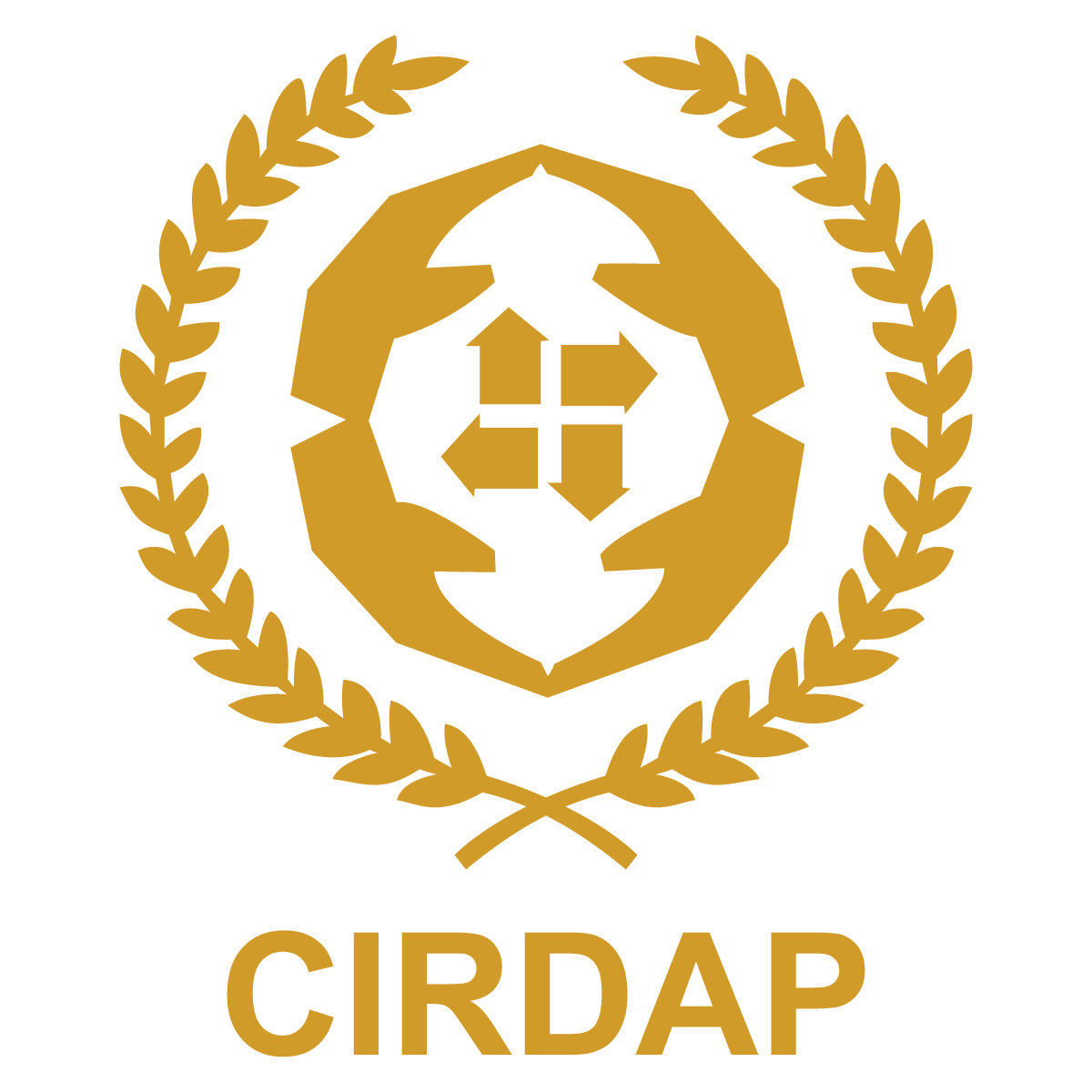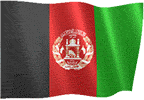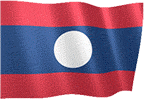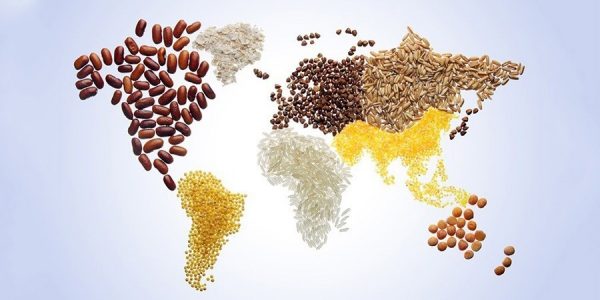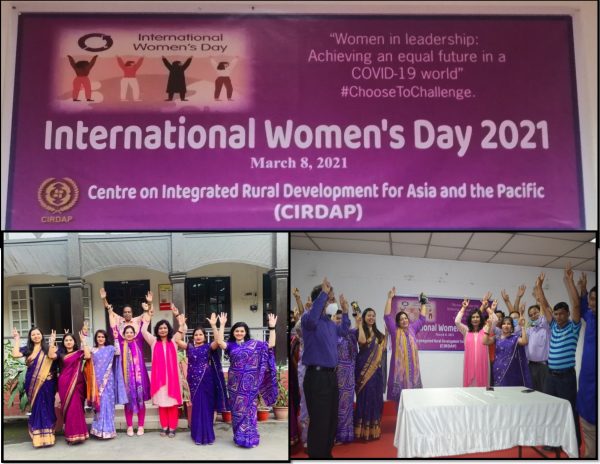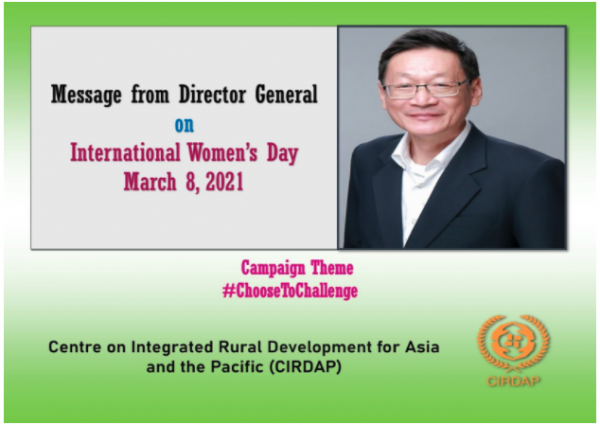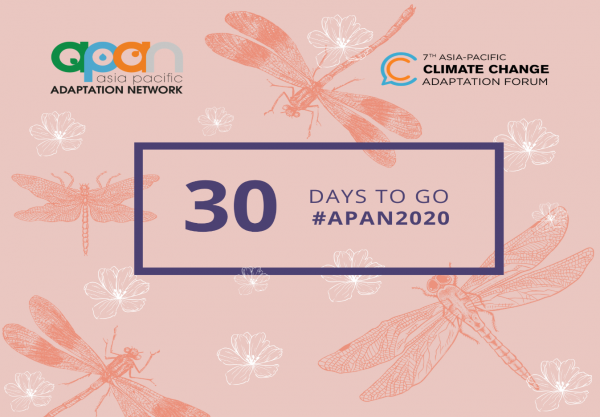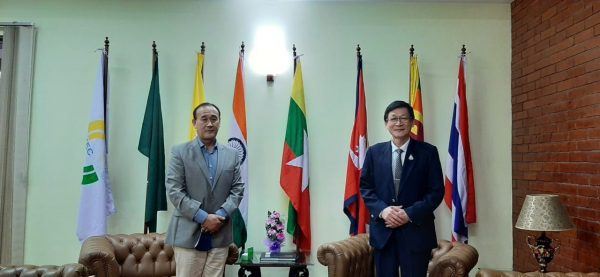Latest News
Assessing the Impact of Work from Home on the Employees of CIRDAP
To read the full articales click here to download.
Analyzing Food Security Risks at CMCs
Even though the food market is appeared to be fairly stable in recent times, the uncertainty alarmed the countries as they expect an increased food insecurity due to unprecedented threats causing by Covid-19. As per the findings of UNCTAD, the low-income economies bestow around 37% share of their export revenue to food import, more than 5 times higher than a share of developed country, using the most recent data on food import dependence. Governments all over the world, have been working to secure themselves against all sorts of instability in the food market. Any uncertainty in the food market may lead to panic attack causing to impose export bans or tariff hike making the food market unstable which will have deadly impact on the food importing countries. Meanwhile, the locust infestation in the Middle East, South Asia and Africa fanning flames of the tension further causing the panic attack more severe. Therefore, the food security situation in CMCs critically depends both on how Covid-19 is handled in these countries as well as the spread of locust attack in the region. Click here to read the whole article
CIRDAP Celebrated the International Women’s Day 2021
Centre on Integrated Rural Development for Asia and the Pacific (CIRDAP) celebrated the International Women’s Day on March 8, 2021. This year’s theme is “Women in leadership: Achieving an equal future in a COVID-19 world,” and the campaign theme is #ChooseToChallenge. This day celebrates the tremendous efforts by women and girls around the world in shaping a more equal future and recovery from the COVID-19 pandemic and highlights the gaps that remain. A challenged world is an alert world and from challenge comes change. A very short ceremony was organized in the CIRDAP auditorium with a handful of employees. Office-in-charge of CIRDAP Prof. Dr. Mohammad Helal Uddin, Director of Research, gave a wonderful heartwarming speech on this day. Prof. Helal uddin said, “Women still have to go a long way to achieve equality because our society still is narrow-minded and backward”. He emphasized changing the attitude of society towards women and girls for achieving SDG. Apart from this, other CIRDAP staff shared their own experiences and feelings towards women’s hardships and battles in the society. At the end of the occasion, all CIRDAP staff promised the campaign #ChooseToChallenge to bring equality and equity to thousands of women in Asia and the Pacific countries.
Message from DG. CIRDAP, on the Int. Women’s Day. 8th March2021
Centre on Integrated Rural Development for Asia and the Pacific (CIRDAP) celebrates the International Women’s Day, today. This year’s theme is “Women in leadership: Achieving an equal future in a COVID-19 world,” and campaign theme is #ChooseToChallenge. This day celebrates the tremendous efforts by women and girls around the world in shaping a more equal future and recovery from the COVID-19 pandemic and highlights the gaps that remain. A challenged world is an alert world and from challenge comes change. So let’s all choose to challenge. The United Nations began celebrating International Women’s Day in 1975. In 1977, the United Nations General Assembly invited member states to proclaim March 8 as the UN Day for women’s rights and world peace. This year “International Women’s Day” comes at a very difficult time for the world and for gender equality due to pandemic situation. However, this is the time to fight for actions and to salute women and young people for their relentless efforts for gender equality and human rights. The effective and active participation and leadership of women drives progress for everyone. Yet, according to the UN Secretary-General’s recent report, women are still underrepresented in public life and decision-making. Women are Heads of State or Government in 22 countries, and only 24.9 per cent of national parliamentarians are women. At the current rate of progress, gender equality among Heads of Government will take another 130 years. CIRDAP’s focus is on rural women’s leadership and empowerment in all spheres of lives to good health, gender equality, human rights, quality education, and equal participation in decision making process.The COVID-19 pandemic is estimated to push an additional 88 million to 115 million people into extreme poverty in 2020, with the total rising to 150 million by this year. Women remain concentrated in the lowest paid jobs and in extremely vulnerable forms of employment across the world. Women are nearly twice as likely than men to lose their jobs during the COVID-19 crisis. Indeed, the pandemic will dramatically increase the poverty rate for women and widen the gap between men and women who live in poverty. The 2030 Agenda for Sustainable Development says to leave no one behind, in this regards, governments should make policies and efforts to create more opportunities of education and employment for women. Also, family and society should change their attitude or perspective towards women and should actively create a favourable environment for her progress and success. Dr. Cherdsak Virapat Director General, CIRDAP
International Models in Emergency Management
TIEMS in cooperation with CBI (Capacity Building International – https://capacitybuildingint.com/) run one or two webinars every month in 2021. The topic will be International Models in Emergency Management, and the first webinar was the 4th of February 2021. The webinars are free to join. We are now ready for the second webinar 24th of February 2021 at 1800 – 1900 CET. The topic will be TIEMS International Certification TQC, and please, take a look at the following web-site to get a brief teaser, and preparing your eventual questions about the TQC certification: click here The further preliminary program for our 2021 webinars can be found on the following web-site: click here Please, note that there may be program changes based on speaker availability and timing. Below is the link to the 24th February webinar registration: click here
2021 APFIC Webinar series
The 2021 APFIC Webinar series by Food and Agriculture Organization (FAO) of the United Nations. You are invited to take part of the webinar series. Please check link: click here
7th Asia-Pacific Climate Change Adaptation Forum
Enabling Resilience for All: The Critical Decade to Scale-up Action is the overall theme of 7th APAN Asia-Pacific Climate Change Adaptation Forum, which will be held during 8-12 March 2021 in fully virtual mode. The Asia Pacific Adaptation Network (APAN), developed and launched by the United Nations Environment Programme (UN Environment) in 2009 under the Global Adaptation Network (GAN), is the first regional adaptation network. APAN is an open network that strives to equip adaptation actors in the region with knowledge for designing and implementing adaptation measures, building capacity to access technologies and finance, and integrating climate change adaptation into policies, strategies, and plans towards building climate change resilient and sustainable human systems, ecosystems, and economies. APAN has established close partnerships with key sub-regional organizations and has become an important adaptation knowledge mobilizer in Asia and the Pacific region. Only a month to go until the 7th Asia-Pacific Climate Change Adaptation Forum. Register today at click here
DG CIRDAP MEETS WITH SECRETARY GENERAL OF BIMSTEC
H.E Dr. Cherdsak Virapat, Director General CIRDAP met with H.E Mr. Tenzin Lekphell, Secretary General of BIMSTECat the BIMSTEC Secretariat on 31 January 2021. It was a very cordial and fruitful meeting between two heads. They have discussed collaboration between the two organizations in future in many areas. And further discussion will take place for organizing some combined programs.
